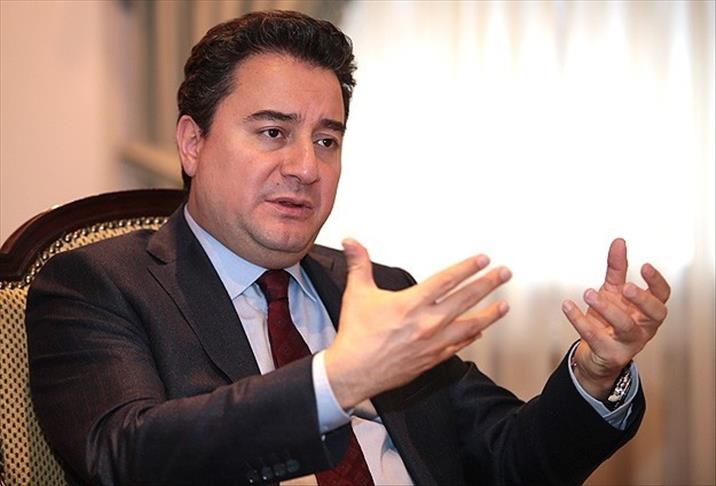
By Andrew Rosenbaum
ANKARA
Istanbul is making a bid to become a regional leader in the trillion-dollar business of legal arbitration – for major corporate litigation or disputes between sovereign states.
Arbitration provides a shortcut from years of expensive litigation in courts.
“There is definitely a great chance for an international arbitration center in Istanbul to be successful, but it will take time,” said London-based international arbitration expert Gaetan Verhoosel.
The stakes are high. The total value of global arbitration claims and counterclaims hit $1.7 trillion in 2014, according to The Global Arbitration Review. The review sees claims getting larger and volume increasing.
But there are concerns in the arbitration field about whether Istanbul can create an arbitration center that will compete with the current regional leaders in Singapore and Dubai.
Provisions for binding arbitration of disputes are now employed in virtually all kinds of contracts, as well as in international treaties between sovereign nations, comments Thomas J. Stipanowich, a professor of law at Pepperdine University in California.
Deputy Prime Minister Ali Babacan has helped to push through new legislation for Turkish arbitration. Turkey decided to establish a privately-managed arbitration center in Istanbul in which companies can apply to solve their disputes prior to filing lawsuits in courts in 2013, Babacan said.
On Nov. 20, the Turkish parliament passed a law providing the legal framework for the center. There is to be one forum for domestic disputes and another for international arbitration. The Turkish parliament also adapted a law allowing for arbitration in a wide variety of legal disputes. Funding for the center will be provided by the Prime Ministry for two years.
There are some challenges in Istanbul’s ability to attract arbitration proceedings. “It is essential that the arbitration center demonstrates its independence,” said Verhoosel. “It must build up its credentials in terms of international capability and independence.”
The choice of arbitrators is also crucial to the success of an arbitration center, adds Turkish arbitration expert Leyla Orak Celikboya in a note published in July 2014.
The ability for the legal system in which the arbitration center is based to enforce its awards is also an important factor, Celikboya added.
The biggest problem is bandwidth, says Karl Hopkins of the international law-firm Dentons.
“The number of lawyers who are up to the task is relatively small,” he added.
There are now some really good Turkish firms, Hopkins says, but a successful international arbitration center must bring together a real galaxy of talent.
“The autonomous character of an institution, the appointment of impartial and independent arbitrators, as well as the arbitration-friendliness of the applicable legislation and the general practice of courts play an important role,” Celikboya added.
The success of such a center could be important for Turkish business. As the publication Legal 500 points out in a recent assessment of the Turkish judicial system, the workload of the courts is strained. Arbitration would provide an opportunity for corporates to deal with their issues away from the courts and to resolve them faster.
Still another advantage of arbitration for business: It is not subject to appeal. So proceedings cannot drag on for many years through a lengthy appellate process.
Anadolu Agency website contains only a portion of the news stories offered to subscribers in the AA News Broadcasting System (HAS), and in summarized form. Please contact us for subscription options.

